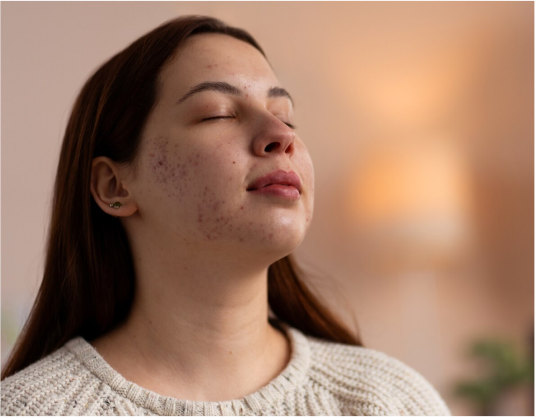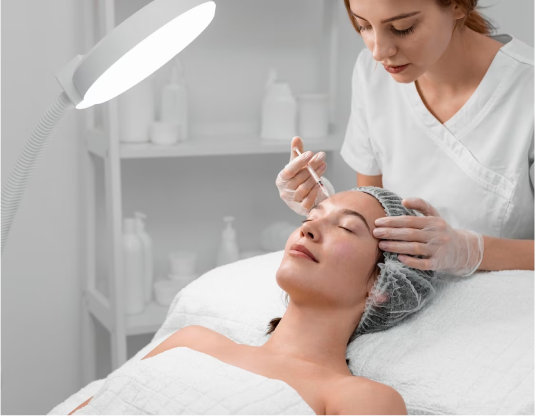Introduction:
In the intricate tapestry of men’s health, one often overlooked thread is testosterone, the key hormone that plays a crucial role in various bodily functions. When levels dip below normal, it can lead to a myriad of concerns. In this blog, we’ll unravel the complexities of low testosterone, shedding light on its impact, causes, and the journey towards reclaiming vitality.
Understanding Testosterone:
Testosterone is more than just a hormone; it’s a cornerstone of male health. It influences muscle mass, bone density, libido, mood, and energy levels. When testosterone levels fall below the normal range, it can give rise to a condition known as Low Testosterone or Low T.
Symptoms of Low Testosterone:
Low T manifests in various ways, and its symptoms can be subtle or pronounced. Common signs include fatigue, reduced libido, erectile dysfunction, decreased muscle mass, mood swings, and diminished cognitive function. Recognizing these indicators is the first step towards addressing the issue.
Causes of Low Testosterone:
Several factors contribute to declining testosterone levels. Aging is a natural factor, with testosterone levels generally decreasing with age. However, other contributors include chronic illnesses, obesity, stress, hormonal disorders, and certain medications. Identifying the root cause is crucial for developing an effective treatment plan.
Impact on Physical and Mental Health:
Low testosterone doesn’t just affect the body; it can have a profound impact on mental well-being. Individuals may experience mood swings, irritability, and a general sense of fatigue. Understanding the holistic impact of Low T is essential for comprehensive management.
Seeking Professional Guidance:
If you suspect Low Testosterone might be affecting you, consulting with a healthcare professional is vital. Blood tests and a thorough examination can determine testosterone levels and help identify contributing factors. Based on the diagnosis, appropriate treatment options can be explored.
Treatment Approaches:
Treatment for Low Testosterone may include hormone replacement therapy (HRT), lifestyle modifications, and addressing underlying health issues. HRT involves the administration of testosterone to bring levels back into the normal range. Lifestyle changes, such as regular exercise, a balanced diet, and stress management, can complement medical interventions.
The Importance of Lifestyle Changes:
Adopting a healthy lifestyle is a cornerstone of managing Low T. Regular exercise, particularly resistance training, can boost testosterone production. Nutrient-rich diets, with adequate levels of essential vitamins and minerals, contribute to overall well-being.
Holistic Wellness:
Beyond medical interventions, focusing on holistic wellness is key. Adequate sleep, stress reduction techniques, and maintaining a supportive social network can positively impact both physical and mental health, promoting a sense of vitality and well-being.
Conclusion:
Low Testosterone is a condition that, when understood and addressed, can be effectively managed. By recognizing symptoms, seeking professional guidance, and adopting a holistic approach to wellness, individuals can reclaim vitality and enhance their overall quality of life. Remember, your journey towards well-being begins with awareness and proactive care.



